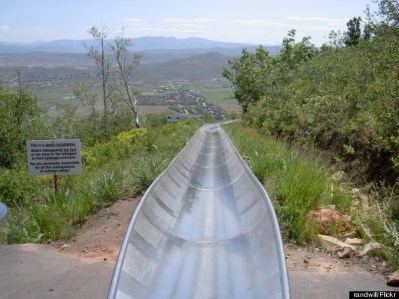 (image) If you’re a reader of this newsletter, you’re in elite company. Each week I chose ten or so stories from the score or so that I save to Evernote, and I annotate them after about three glasses of wine on a Sunday night. I make no pretense to be Jason or Dave, instead, this is a way to remember the most important stories of the past week through the filter of “the book.” And when I say “the book,” I mean That Project That Has Haunted Me For More Than Five Years But Is Increasingly Becoming Real. In other words, if you read this newsletter (or post), you’re a true fan of my work. And for that, I am thankful.
(image) If you’re a reader of this newsletter, you’re in elite company. Each week I chose ten or so stories from the score or so that I save to Evernote, and I annotate them after about three glasses of wine on a Sunday night. I make no pretense to be Jason or Dave, instead, this is a way to remember the most important stories of the past week through the filter of “the book.” And when I say “the book,” I mean That Project That Has Haunted Me For More Than Five Years But Is Increasingly Becoming Real. In other words, if you read this newsletter (or post), you’re a true fan of my work. And for that, I am thankful.
This past week was full of gems. The New Yorker reminded us how poignant digital life can be. We struggled with the ethics of 3D printing, even as we reveled in its power to save lives. Oh, and then there’s the singularity, and protecting us from the same. An epic Facebook rant, more Bitcoin, more brain-twisters about who’s a person, alive, dead, or corporate, in our increasingly mashed up world. To the links…
The Afterlife of Pia Farrenkopf : The New Yorker
Read More






